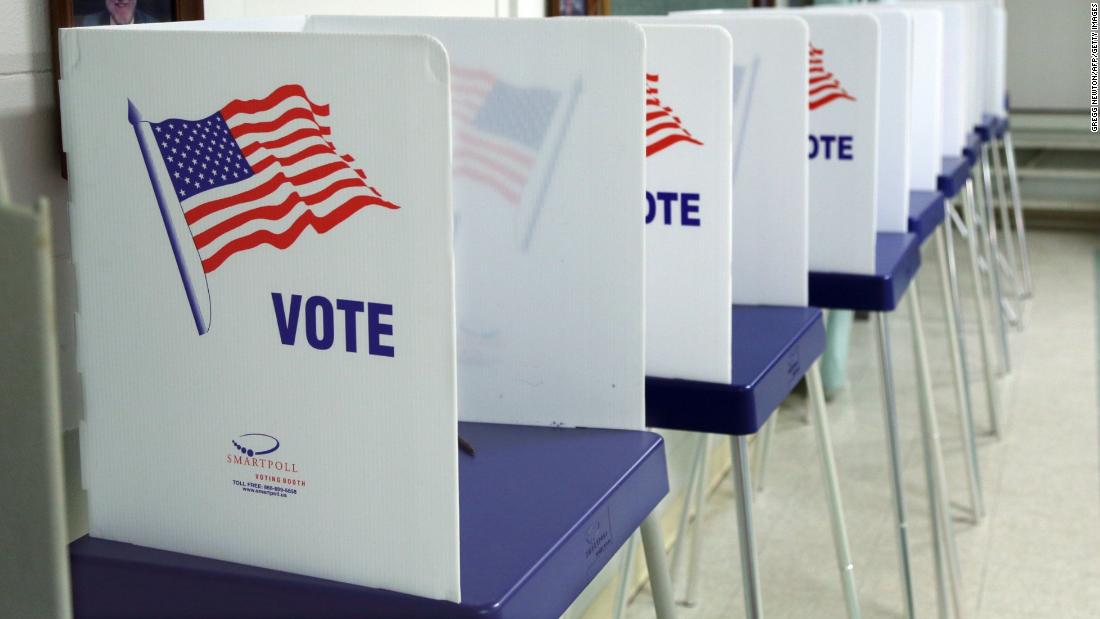[ad_1]
Of course, this may not be a problem. Trump may win. Or he could lose so overwhelmingly that he couldn’t credibly challenge the outcome. And we can’t be certain about whether he’d indeed refuse to accept a narrow defeat. But given his litigious nature and his willingness to distort reality on issues like voter fraud, voting by mail, crowd sizes and the benefits of masks, we can’t pretend it may not happen.
Confidence in these kinds of resolutions draws heavily on an implicit belief in American exceptionalism, but to understand Trump it is important to place him in the context of other populist and non-democratic leaders from Eastern Europe, the former Soviet Union or the Middle East.
I’ve taught and consulted on promoting democracy in former Soviet republics like Georgia, Ukraine, Azerbaijan, Kyrgyzstan, Lithuania and Estonia. Leaders like Ukraine’s Viktor Yanukovych or even Serbia’s Slobodan Milosevic did not rely simply on constitutional pyrotechnics to try to remain in power. They also used a ruling party that they controlled entirely, powerful state media, the threat of violence and a large and loyal base of support.
If Trump pursues this narrative and refuses to accept defeat, it can be reasonably assumed that he will mobilize his base around this belief. We cannot know what will happen next, but if most of the Republican Party leadership at the national level and in key states, as well as conservative media such as Fox News, support Trump’s claims, there will be political stalemate and potential for conflict.
Organizing mass mobilizations is difficult; organizing mass peaceful mobilizations even more so — especially during a pandemic. But I’ve seen for myself how they can stop an election result from being undermined and deal a blow for democracy.
The demonstrations against police brutality following the killing of George Floyd have shown that Americans are willing to take to the streets to make a statement. However, it’s essential that those who march remain scrupulously peaceful; that there is none of the looting and violence that marred some of the early protests over Floyd’s death.
The best way to do this is with experienced organizers and through institutions like labor unions and other groups that have the ability to mobilize people and the structures needed to help maintain peace. The only way to ensure that these demonstrations do not lead to violence is to prepare in advance. Identifying march monitors, crafting strategies for dissuading people from committing acts of violence, minimizing the reach of provocateurs and even more quotidian things like ensuring enough portable bathrooms at demonstrations are all things that require preparation. Strategies like this helped keep the Color Revolutions peaceful and can be implemented here as well.
None of this would be easy, especially given fears of Covid-19. Yet the burden of ensuring democracy cannot rest solely on the shoulders of lawyers. It’s essential to find additional peaceful ways to strengthen US democracy. Accordingly, other leaders and organizers must be prepared for possible mobilization too.
[ad_2]
Source link



